Drug resistance in poultry parasites
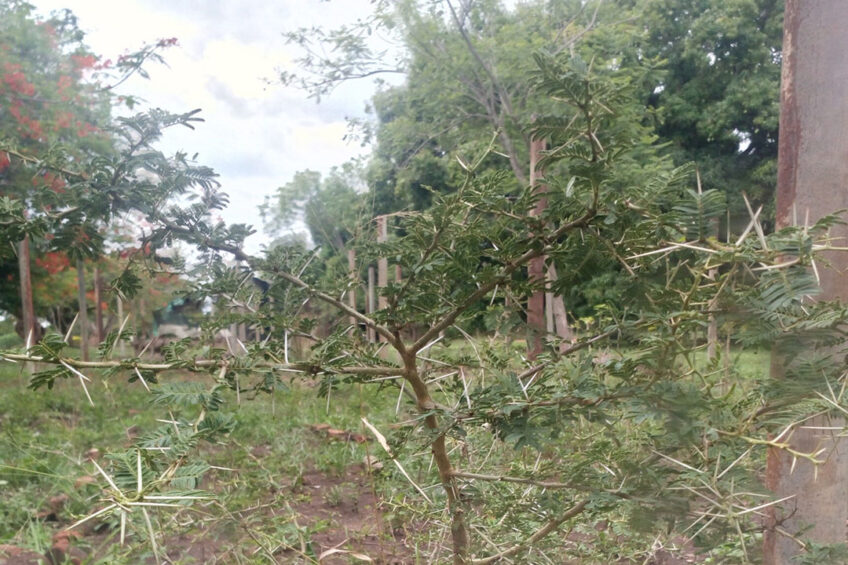
Resistance to a major treatment represents a new and unquantified global threat to poultry producers, but exploration of new solutions is underway.
Part of the Gut Health 2022 Special
Roundworm infections – mainly of Ascaridia species – in chicken and turkeys have been a serious concern for many years around the world. However, the situation has become much more dire due to the detection of resistance to the only de-worming treatment available for use in the US and some other countries (fenbendazole, FBZ) in the main Ascaridia species that parasitizes turkeys.
Whilst research is underway to uncover the genetics behind resistance in this species, there is good news also that investigation is occurring into potential plant-based alternatives treatments for non-resistant and resistant poultry worms of various kinds.
Impact of Ascaridia galli
First, a closer look at the roundworms that affect poultry. Ascaridia galli is common to chickens and A. dissimilis to turkeys, but these species cause a similar multitude of negative effects, including diarrhoea, dehydration, stunted growth, weight loss, reduced feed consumption and poor egg quality. Heavy infections of worms will partially or totally obstruct the small intestine.
The detection of resistance to FBZ in A. dissimilis in turkeys in the US has been established by a team led by Dr Ray M. Kaplan (at the University of Georgia at the time, but now a professor of parasitology at St. George’s University in Grenada). Resistance was detected by observing that FBZ had poor efficacy in infected groups of birds. In terms of the extent of resistance across the US and beyond, Kaplan explains that whilst he and his team only got definitive evidence of resistance on two of the five farms they tested, “the ease with which we found it suggests that FBZ resistance likely is common across the US turkey industry. In Europe, to my knowledge resistance hasn’t been reported yet, but it very well may be present there as well.”
Testing for resistance
At this point, there is no practical or effective way to determine the extent of FBZ resistance. Kaplan and his team had intended to create a molecular lab test that could easily check this, but that’s not possible at this point. This means resistance can only be detected through infection trials, which are laborious and costly.
Specifically, a molecular test for resistance is not yet possible because resistant A. dissimilis worms do not have any of the usual mutations in what’s known as ‘beta-tubulin genes’ – mutations which have made creating tests for resistance in other worm species fairly straightforward.
It will likely be years before the mutations responsible for resistance A. dissimilis are found, as the genome is extremely large and it’s a complicated process. “Dr J.B. Collins is now working on this at Northwestern University in the lab of Dr Erik Andersen,” says Kaplan, “but that’s just addressing the genetic aspect so we can understand what causes the resistance and can then develop a diagnostic test. Producers will still need a reliable way to treat these resistant worms.”
There are 2 other drugs besides FBZ that could treat FBZ-resistant roundworms, but neither, as Kaplan explains, is FDA-approved for use in poultry or available in formulations designed for administration to poultry. They are therefore difficult to deliver properly. “Poor delivery will result in poor control, and also will hasten the development of resistance to those drugs as well,” he says. “This issue requires investment in research to come up with evidence-based options. No magic wands here.”
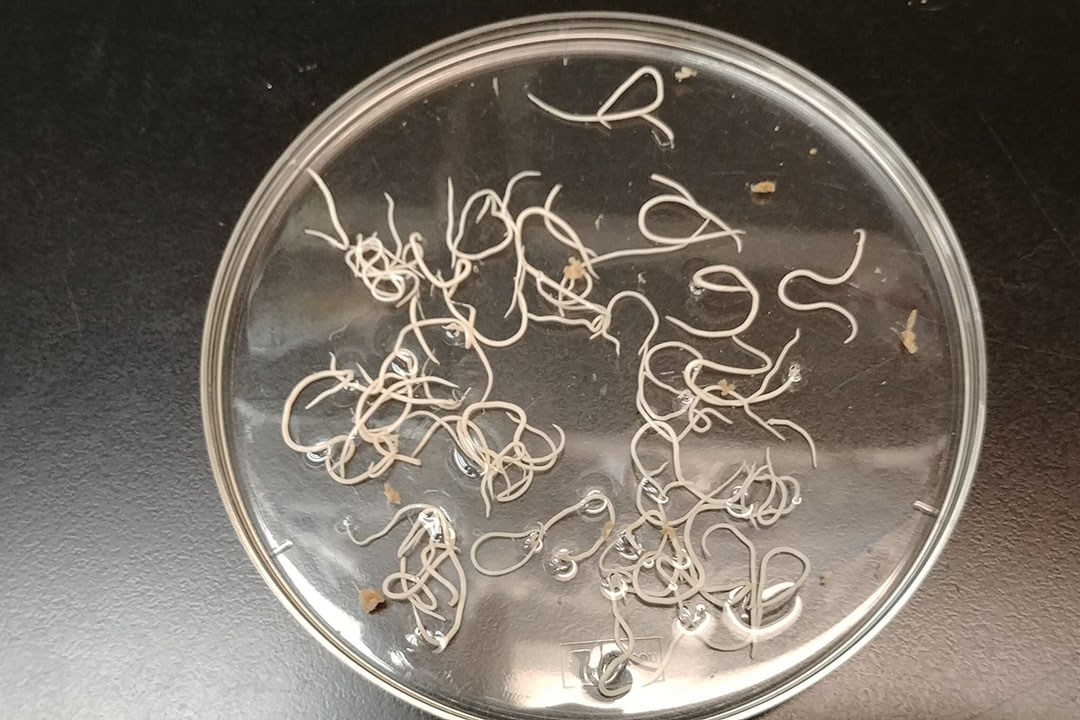
Another serious problem
In their research, Dr Kaplan’s team uncovered another alarming poultry industry concern.
They found resistance in the vector for blackhead disease, a very serious disease in turkey and also a disease which impacts the health and productivity of chickens. Blackhead is caused by a protozoa spread by roundworm Heterakis gallinarum, and control of this pathogen relies on controlling the worm.
Plant-based anthelmintics
Meanwhile, there is research occurring into various plant extracts that may offer new opportunities for controlling poultry helminths, including those showing resistance to synthetic drugs. This is outlined in a paper published in early 2022 by a team in Uganda, including Gerald Zirintunda, a PhD student under the supervision of Dr James Acai-Okwee at the College of Veterinary Medicine and Biosecurity of Makerere University.
Interest is growing in plant-based anthelmintics, they explain, as they are considered safer than synthetic treatments – and some could be as, or more, effective than synthetics and cheaper to produce.
Plants from a broad range of species produce a wide variety of compounds that are potential anthelmintic. For example, phenolic acids in Brassica species have been shown to affect worm cell signalling pathways and gene expression. Other options, explains Zirintunda, “could be in the plant candidates that have been proposed as effective in other animal species and yet not experimentally tried in poultry.”
There is much to research, because although plant extracts may be cheap, effective and accessible, their degree efficacy is unknown and some may have toxicity levels that affect bird health. Zirintunda and his colleagues note that the phytochemical composition of plant-based medicinal compounds is highly variable.
However, some plant and yeast-based anthelmintics have already been shown to be efficacious even against albendazole-resistant helminths, but potential efficacy against other forms of drug resistance – and also potential toxicity – of these compounds is not yet known. “Our project will be studying the toxicity of some plant anthelmintics in Swiss albino mice this year,” says Zirintunda.
Creating a new generation of anthelmintics
Looking forward, he notes that “there is a need to test the available alternatives of phyto-anthelmintics, nano-anthelmintics, natural-synthetic combinations and different natural combinations against all forms of anthelmintic resistances. There is also a need to study the process of development of resistance at a molecular level to guide the making of a new generation of anthelmintics.”
Zirintunda also says the factors that enable poultry to naturally reduce, and resist helminth infection are also important to emphasise in poultry production. These include appropriate nutrition, breeding and housing.
References are available on request.
 Beheer
Beheer

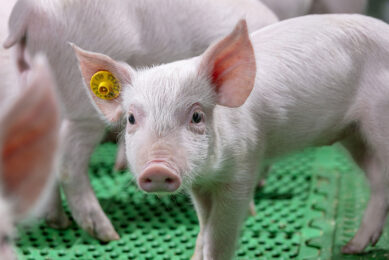
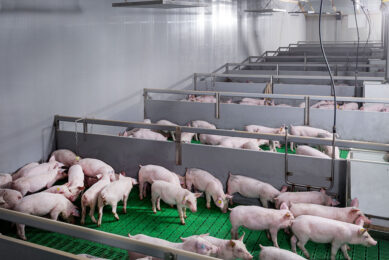
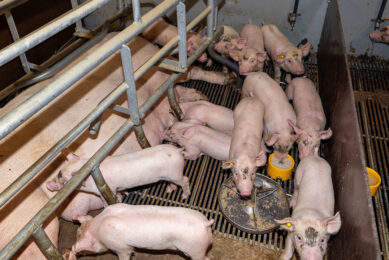
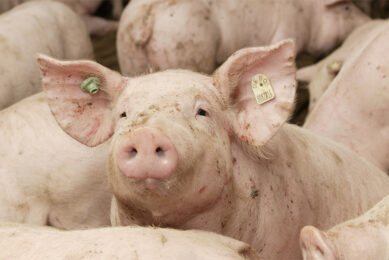
 WP Admin
WP Admin  Bewerk bericht
Bewerk bericht